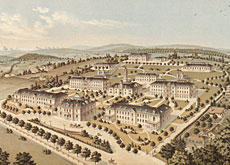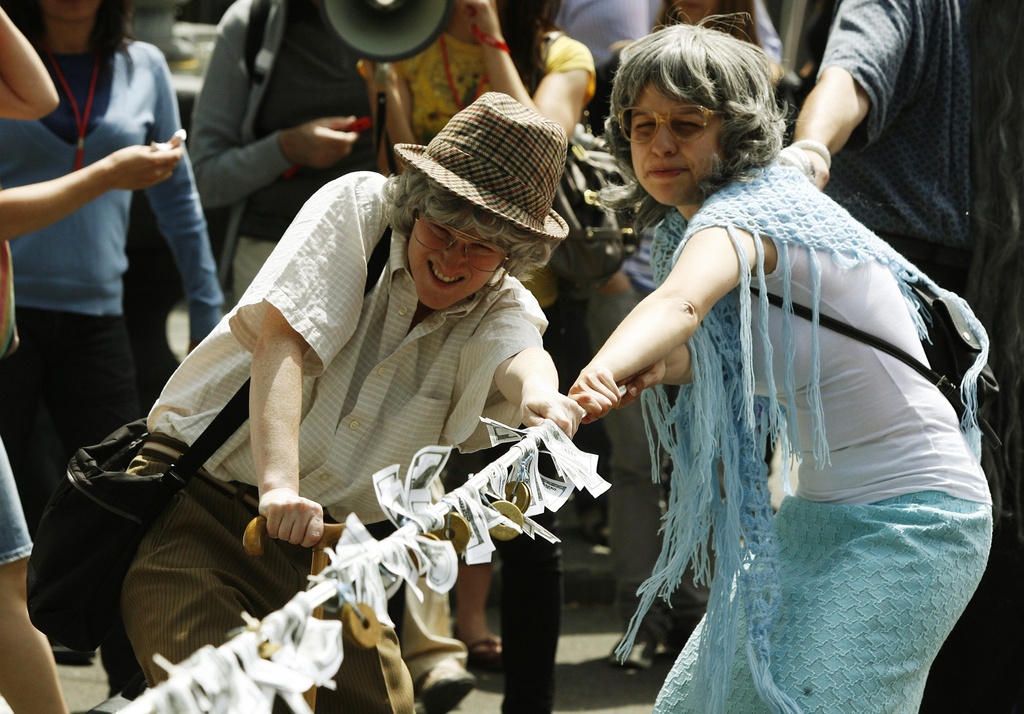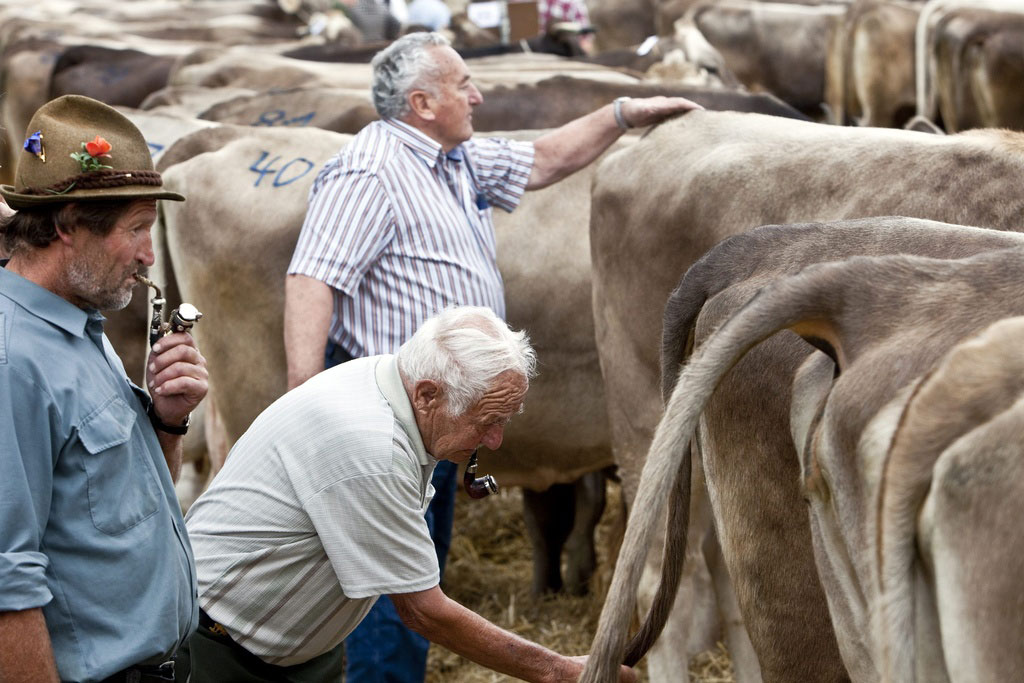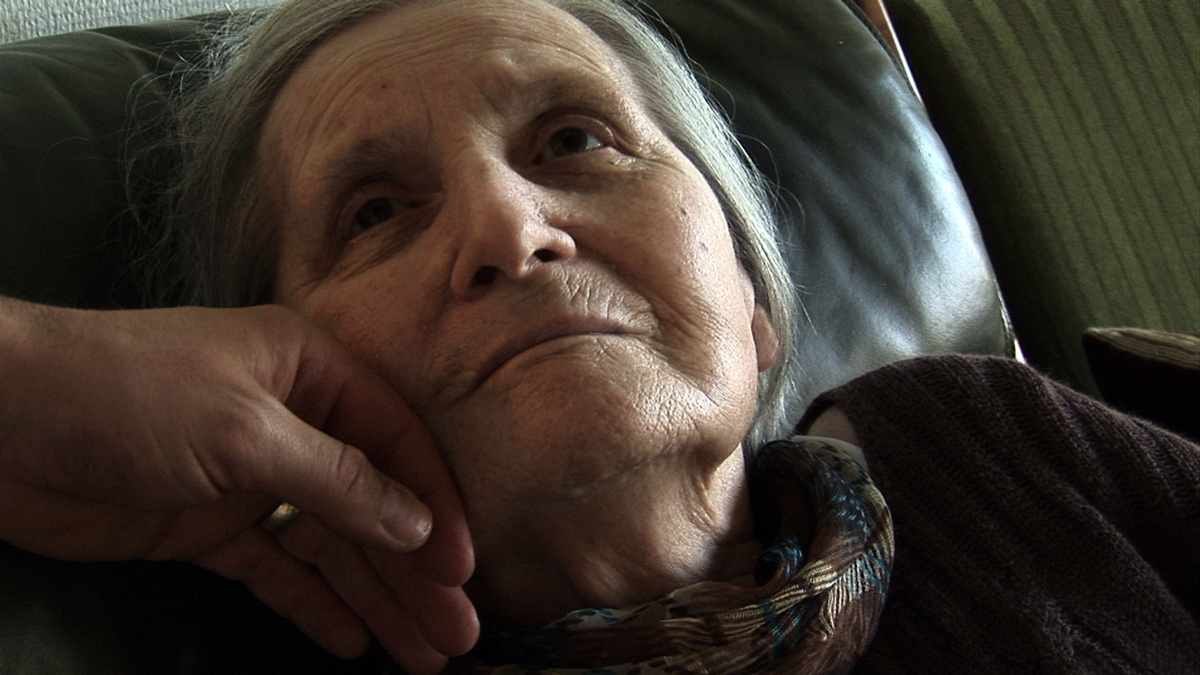
Left wins battle against pension cuts reform

Voters have clearly rejected a reform of the occupational pension scheme in an upset for the government and a majority in parliament.
In two other votes, the Swiss also threw out a plan for special attorneys to defend the right of animals. However, a constitutional amendment on human research was adopted.
Final show nearly 73 per cent of voters dismissing the cuts in benefits.
The proposed reduction, agreed by a majority in parliament last year, were challenged to a referendum by the a broad coalition of consumer groups, trade unions and centre-left political parties.
“The result is a clear signal to the government and parliament to maintain a solid social security system,” said the Social Democratic Party.
Paul Rechsteiner, president of the Trade Union Federation and Social Democratic parliamentarian, said it showed that voters were not prepared to accept a lack of transparency in the administration of insurance companies and excessive manager bonuses.
He vowed to continue to fight against any further attempts to cut other pillars of the country’s welfare scheme, including the old age pensions, or unemployment benefits.
No surprise
Supporters of the reform described the result as a “punitive action” against the government and the business community, but said the defeat did not come as much of a surprise.
“It was impossible to win the vote in the current political climate and with reasonable arguments,” said Gerold Bührer, president of the Business Federation which led the campaign in favour.
He warned that the problem of dwindling finances amid an ageing population would not go away.
Political scientist Claude Longchamp pointed out that it is the government that has suffered one of its worst defeats in recent history.
“Only six other votes on government proposals ended with a higher percentage of no votes,” he told public radio. He added that most voters had feared for their pensions.
Both supporters and opponents ran expensive and high-profile campaigns ahead of Sunday’s vote.
The electorate was asked to decide on reducing the so called minimum conversion rate by about 0.6 per cent to 6.4 per cent by 2016.
This technical ratio is used to calculate the annual pension based on accumulated capital. In practice new pensions of low income earners would be cut by several hundred francs.
The occupational pension, which is part of a three-tier scheme including the old age pension and individual savings plans, was made mandatory in 1985 and was subject to a revamp seven years ago.

More
Pensions (Three Pillar system)
Animal rights
A constitutional amendment to improve the legal standing of animals was also overwhelmingly rejected. The initiative was launched by a leading animal rights organisation and tried to institutionalise the position of special attorney in the country’s 26 cantons.
Switzerland would have been the first country in the world to introduce mandatory animal lawyers. But now Zurich remains the only canton with such an attorney.
Animal rights groups said they were very disappointed with the result, while opponents argued that voters had acted reasonably.
In the campaign supporters had said the current laws were not strong enough to crack down on animal cruelty – allegations rejected by those opposed.
However, the groups fighting the proposal said introducing the amendment would lead to a flood of unjustified legal cases and infringe the autonomy of the cantonal authorities.
“The result shows that the current animal rights law is not really contested,” said political scientist Longchamp.
Human research
A separate proposal by the government and parliament on the legal principles of human research passed overwhelmingly. It had prompted little public controversy ahead of the ballot.
The constitutional amendment aims to preserve human dignity in biomedical experiments while ensuring freedom of research.
It sets the basis for more detailed cantonal legislation on transplantations, gene technology and stem cell research at a later stage.
Urs Geiser, swissinfo.ch
Some five million Swiss, including registered expatriates, were eligible to cast ballots in the nationwide votes on pension reform, animal rights and human research.
Votes on a wide range of issues, as well as elections, took place in more than half of the country’s 26 cantons and in numerous cities and communes.
As a rule ballots take place four times a year.

In compliance with the JTI standards
More: SWI swissinfo.ch certified by the Journalism Trust Initiative













































You can find an overview of ongoing debates with our journalists here . Please join us!
If you want to start a conversation about a topic raised in this article or want to report factual errors, email us at english@swissinfo.ch.